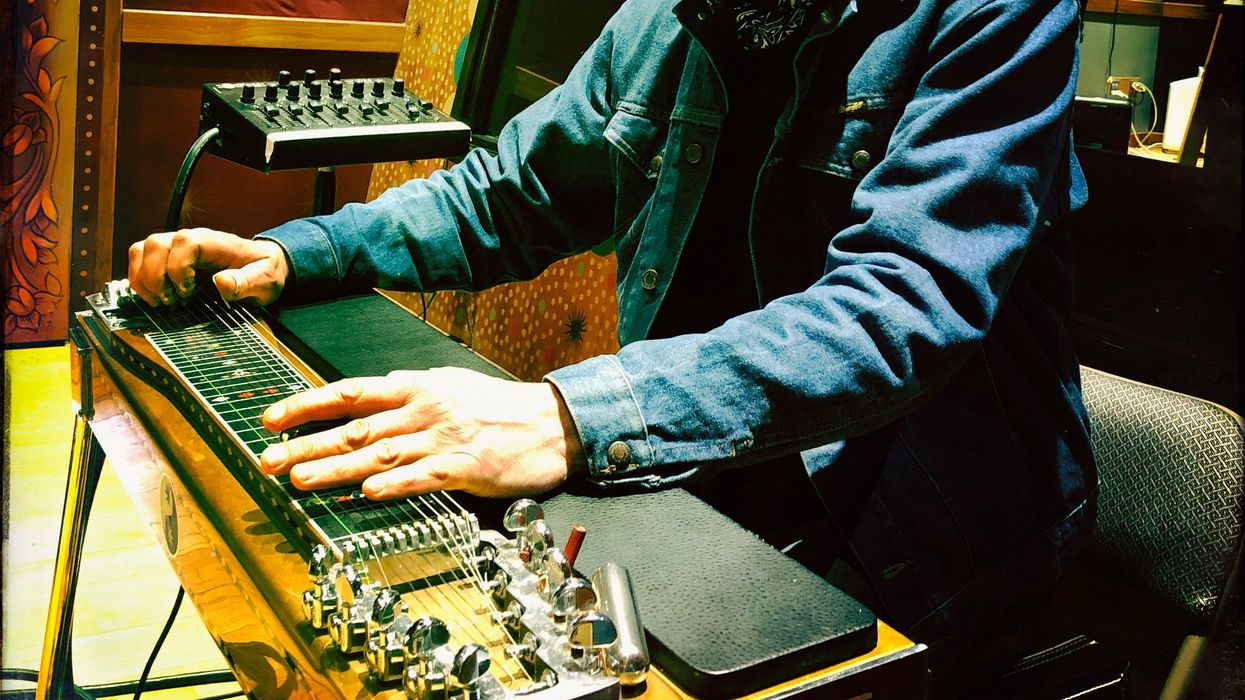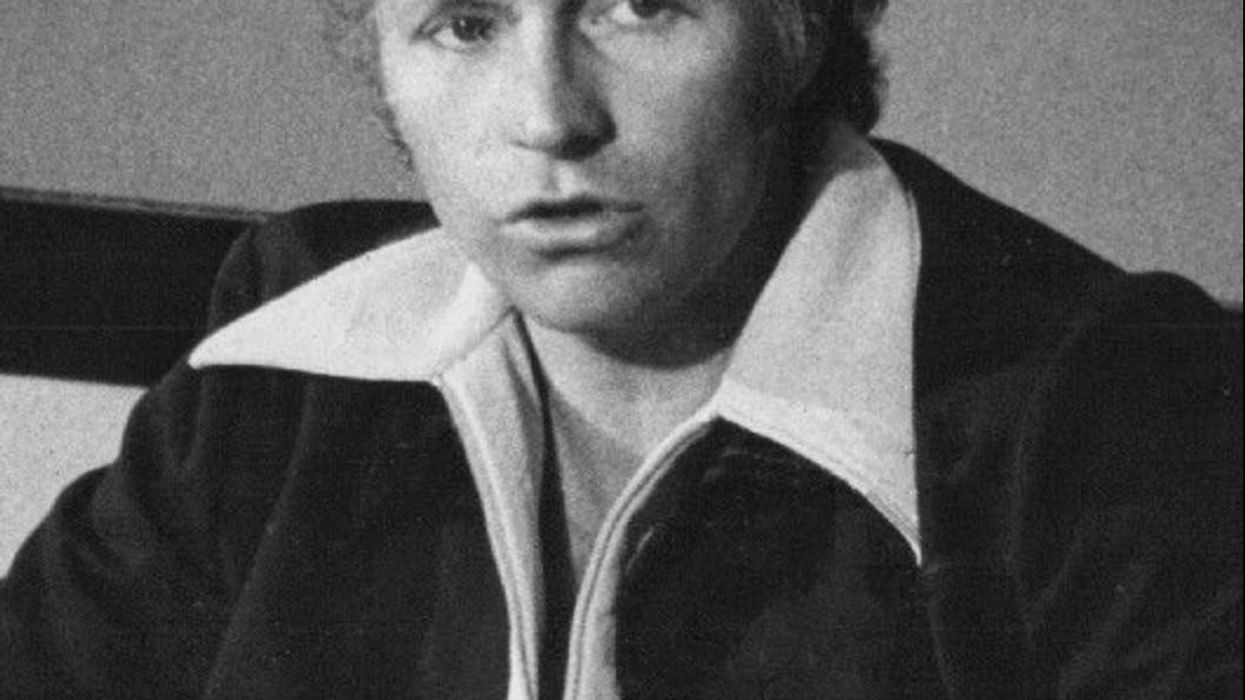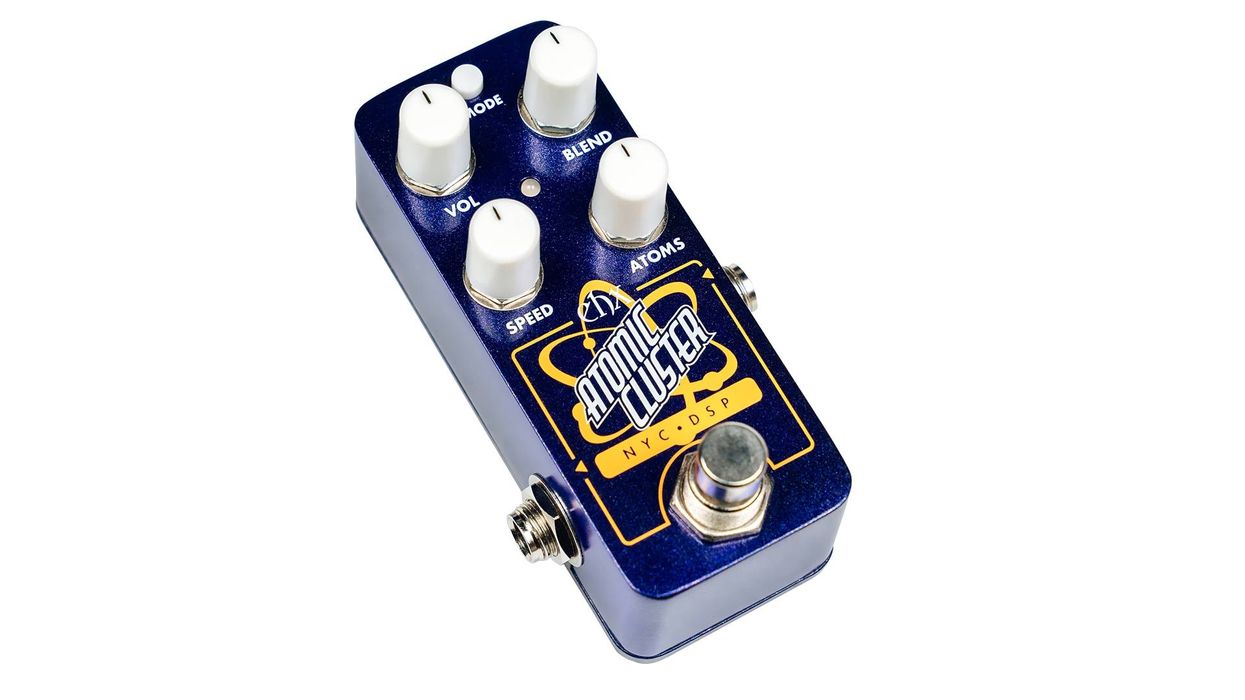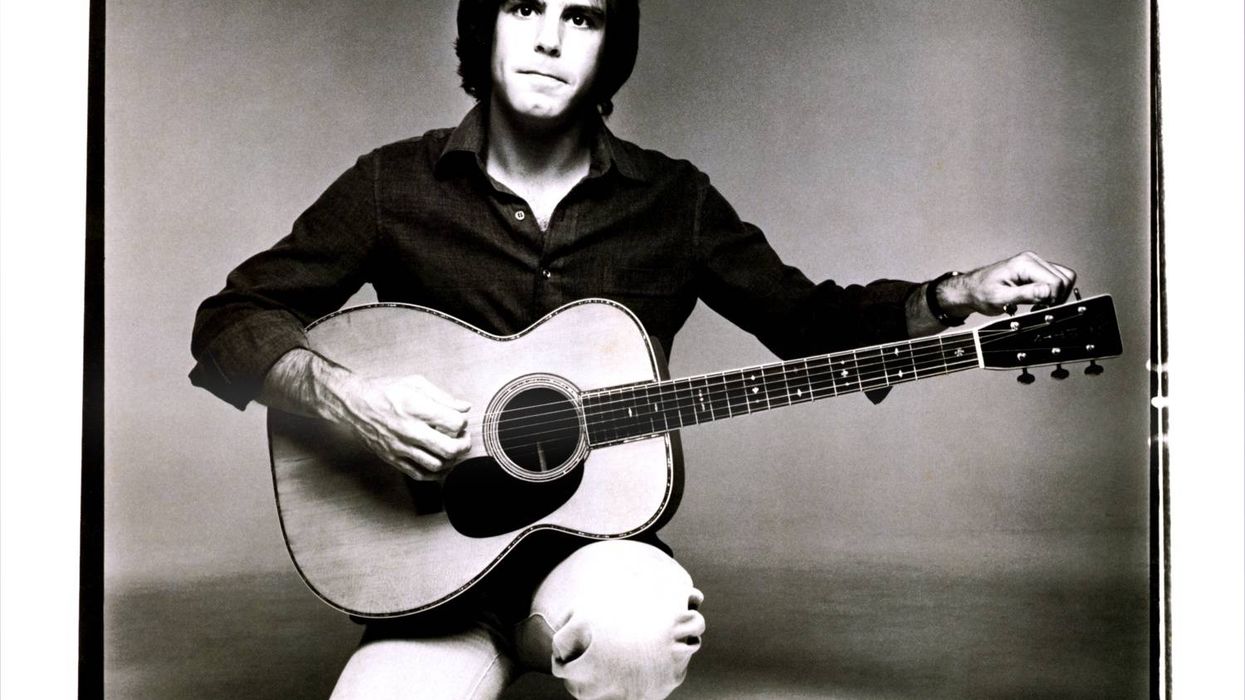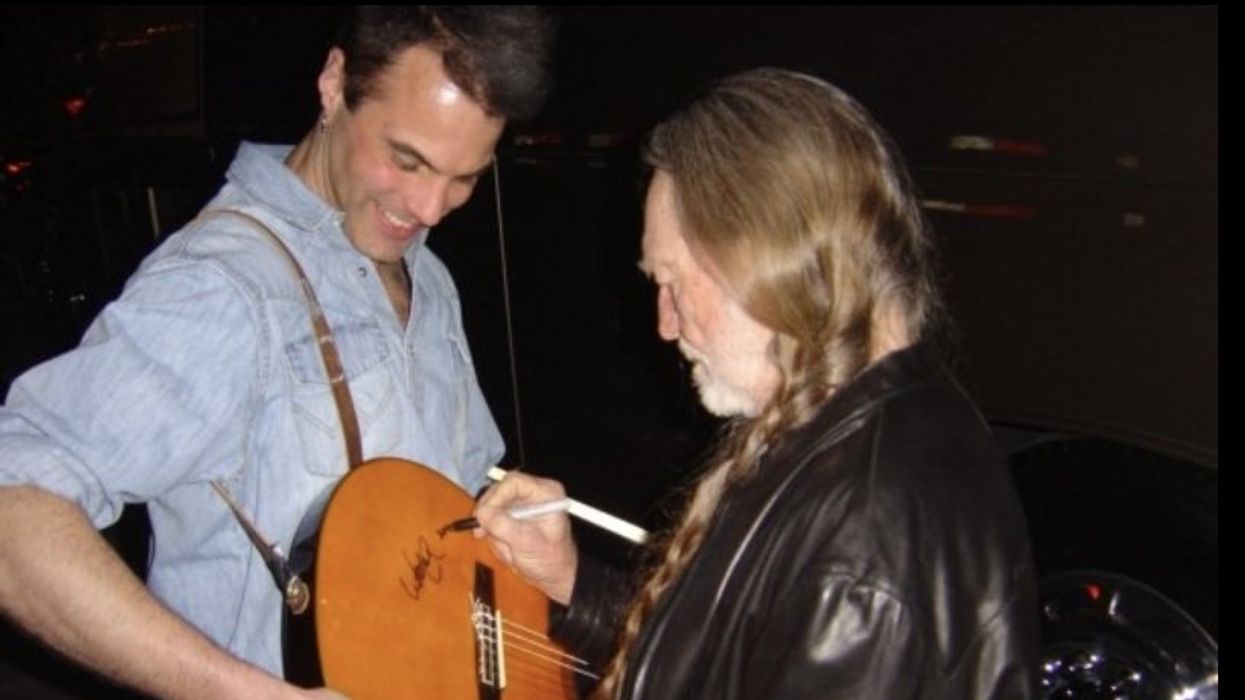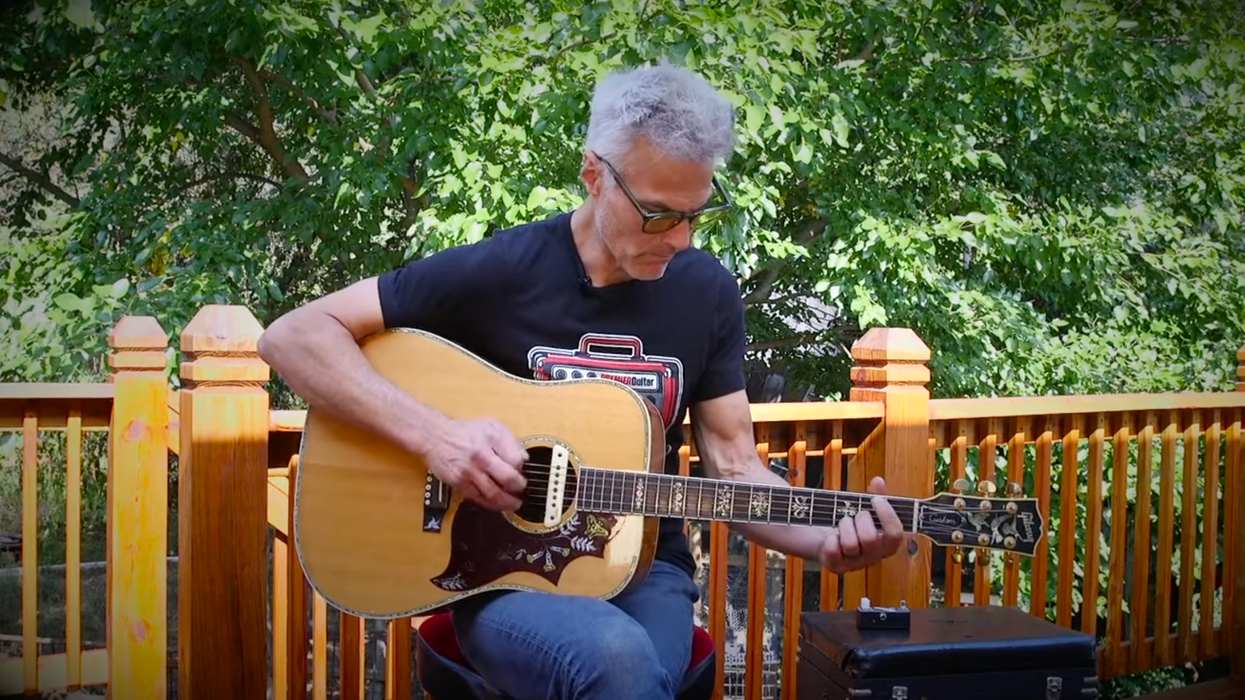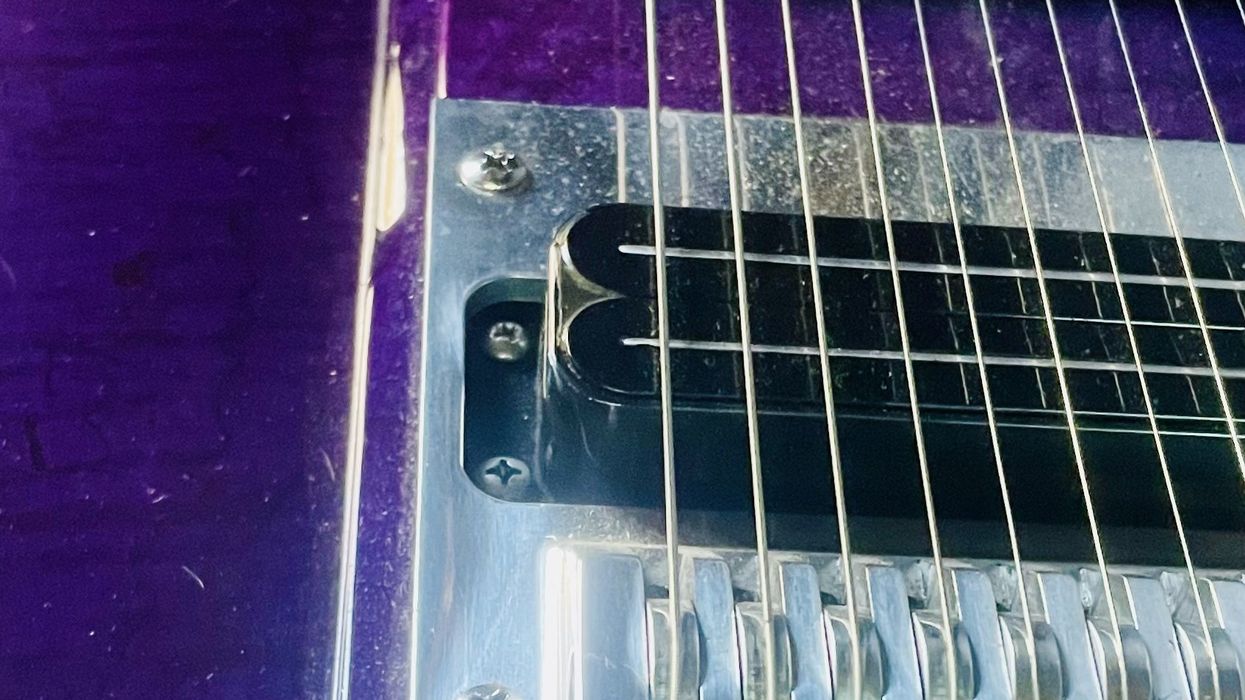"Time goes on. So whatever you're going to do, do it. Do it now. Don't wait." —Robert De Niro
Here's a true music industry story that's stuck with me for 15 years. I'm keeping this anonymous because the story involves some transgressions by formerly powerful people, and although I like the idea of karma in action, I'm no snitch. As a rule, I avoid saying negative things about anybody, whether it's deserved or not.
A friend of mine was on tour with a newly successful artist on Sony who had a big hit on her first record. Although the gig had the potential of being very lucrative and prestigious, during this infancy, the pay was low, and the day-to-day tour life was devoid of the amenities that one might expect on a major tour. When the band was shorted on per diem, they agreed the bandleader should meet with management to try and fix the oversight and mend a few other issues. After a few unreturned phone calls, eventually management met with the band leader, who told management about the missing money. He started to mention some other issues when the management stopped him mid-sentence and said:
"Next!"
"I'm sorry … what do you mean?"
"I mean next. You musicians are interchangeable. There are a ton of players who want this job as is. We don't need a bunch of crybabies on the payroll, so … next."
My friend was quickly replaced, another player quit, and the rest of the band stayed on until the gig lost its momentum and eventually whimpered to a stop a few years later when the artist was dropped.
I don't want to be the person who takes delight in others' misfortune, but I guess I am that person because it was satisfying to watch that artist fade into anonymity. She had it coming, so yes, I do smile a bit when thinking about it. Today, as I type this, I wonder whatever happened to that manager, who I used to see behind the velvet rope at every industry event. It's occurred to me that I've not seen him for more than a decade because this former titan of industry is no longer relevant. I'm petty enough to enjoy his comeuppance as well.
No matter what dogma people may preach, I've found that we're not punished for our sins, we are punished by our sins.
I hadn't thought about this in years but was reminded of it last night during some insomnia-fueled reading when I stumbled upon Robert De Niro's 2015 class of New York University's TISCH School of the Arts commencement speech.
"When it comes to the arts, passion should always trump common sense," De Niro tells the graduates. "You aren't just following dreams; you're reaching for your destiny. You're a dancer, a singer, a choreographer, a musician, a filmmaker, a writer, a photographer, a director, a producer, an actor, an artist. Yeah, you're fucked! The good news is that that's not a bad place to start. Now that you've made your choice, or rather, succumbed to it, your path is clear. Not easy but clear. You have to keep working. It's that simple…. Your motto, your mantra, your battle cry, 'Next!' You didn't get that part, that's my point, 'Next'—you'll get the next one, or the next one after that."
But what comes "next" depends on what you do now. Every step is contingent on the steps you've already taken. That artist and manager's "next" didn't include success in the music industry. There are a lot of factors involved in their descent from on high, but I suspect if either one of them treated people well, their "next" would've been different. They may not be successful, but they would at least be liked and people tend to want to work with or help people they like. No matter what dogma people may preach, I've found that we're not punished for our sins, we are punished by our sins. Treat people poorly and they not only won't like to work with you, but they'll also enjoy your failure.
My friend the musical director continued to work hard and be kind to people. Although there were some lean times for him, his "next" included consistent work as a top-tier touring musician, well liked and respected by his peers. He now tries to avoid working for people who treat others badly because he's learned that those gigs may dangle the golden carrot, but they rarely, if ever, fulfill their promise. All you get is a small paycheck and a slow beatdown.
I love De Niro's motto, mantra, battle cry, 'Next!' Being fired, hired, ignored, revered, treated well, or treated poorly, it doesn't matter, you move onto what's next. What's next depends on what you do now. I can't wait to see what's next.

